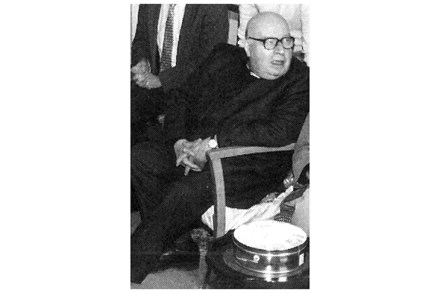Conning the dons
More from BooksIn 2010, Adam Sisman published a masterly biography of Hugh Trevor-Roper, who was not merely one of the best historians of his generation but also a former intelligence officer, fascinated by tricks, lies and fraud. He himself wrote a mischievous series of anonymous articles for The Spectator, purporting to emanate from the 17th-century pen of






























